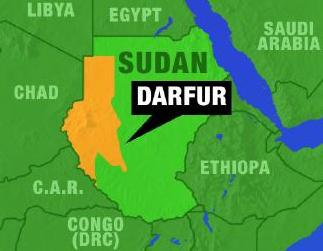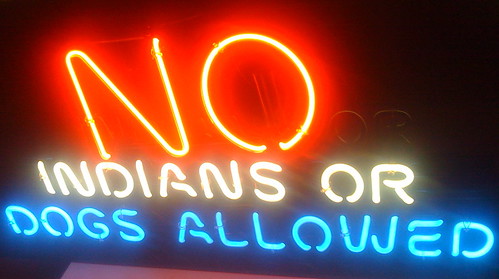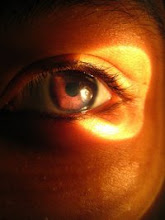
What is peace? Is peace 'the state prevailing during the absence of war' or 'the state of praying to God during the presence of war'? When God has sent his peace child to scatter peace why is the world so rotten?
I think one possible explanation is plainly the fact that as humans we determine the existence of Peace. If God was in control of the situation, he would have done something by now.
Reflecting back upon the book, I feel a little strange. When an uncivilized tribe such as the Sawi can understand the love of God, what is wrong with me? But then I console myself by arguing back and clinging on to my views on faith. I struggle with faith everyday, I still can't force myself to lean on something I cannot perceive. God doesn't talk to me.
A quote states, “Philosophy is questions that may never be answered. Religion is answers that may never be questioned. - Anonymous” What is significance of religion? Two planes flying into a building, terrorist attacks everywhere and sacrifices in a Hindu temple? If there were no religions the world would evidently have one less issue to worry about.
As far as God is concerned, I think if God would stop acting in his mysterious ways and provide some answers to the numerous riddles of the world, some people would understand him better. I am not saying the video below is perfect, or that I agree with everything, but it certainly made me question about the mysterious God. The questions we can't answer is explained by the five letter word: F-A-I-T-H.
I don't quite agree that God comes out as murderous and such in the bible, however the other parts of this video were thought provoking. For example: Innocent children who have done no wrong have cancer. 209 dead people from the recent terrorist attacks in Mumbai, India did not deserve to die in the first place. And young girls don't deserve to get raped.
Every time I try to assure myself that God exists, I fail to understand why God would do this if he is all loving. If God was a bit more clear, a little more obvious, more conspicuous I would attempt faith. But if that was the case, the purpose of faith would be long washed away.


















 We live in a world of distortion therefore we should extract adequate knowledge before making the delicate choice of spirituality. However it is quite evident that missionaries, as Christians, provide biased knowledge of what they think is right or wrong. I sometimes feel that they are 'advertising' their religion, which is quite immoral.
We live in a world of distortion therefore we should extract adequate knowledge before making the delicate choice of spirituality. However it is quite evident that missionaries, as Christians, provide biased knowledge of what they think is right or wrong. I sometimes feel that they are 'advertising' their religion, which is quite immoral.







